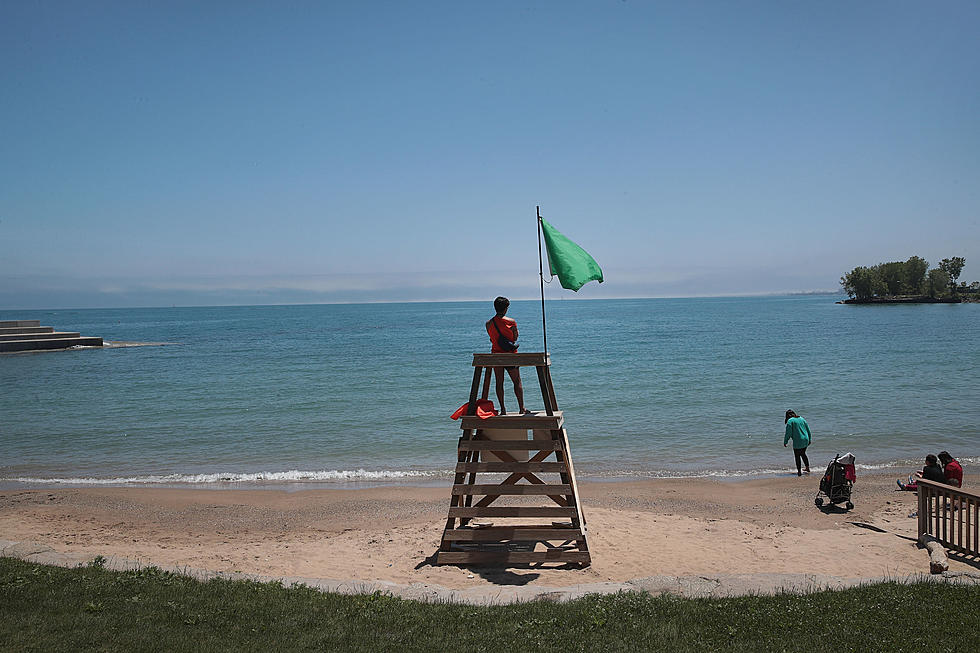
Good News About The Great Lakes Or Will It Be Spun As Bad News
It has been reported for the last couple of years that the rising water levels in our Great Lakes are a result of Global Warming. The levels were so high that they were eroding beaches and even taking down homes that were built close to or on the beaches.
MLive’s weather reporter Mark Torregrossa is now informing us that the Great Lake water levels are not rising this spring as they usually do. He writes:
“Over the history of water level records back into the early 1900s, Lakes Michigan and Huron have risen, on average, 10.68 inches from February to June. This is what we call the seasonal water level rise. Snow starts melting in late February, adding water to Lake Michigan and Lake Huron. Then the spring rains start, and continue the water level rise. The seasonal rise of water levels peaks in July or early August, and then it’s usually gradually receding water levels again to February.”
Lake Michigan and Lake Huron water levels have actually gone down approximately 2 1/2 inches. If you add that decline to the average increase he states the water levels in those Great Lakes are approximately 13 inches below a normal year’s spring rise.
I would expect people to be happy about this news since they have been concerned and upset about the rise in the Great Lake water levels over the last few years. Perhaps this is Mother Nature correcting itself as nature tends to do. Mostly everything in nature has cyclical trends and over millennia there are years that are outliers.
The question now is will the lower rise in the Great Lakes water levels now also be blamed on Global Warming as many blamed the increased rise.
Of course the Global Warming zealots will.
By the way, a great little factoid did you know that:
"one inch of water on Lakes Michigan and Huron is composed of 800 billion gallons of water. The 20 inches of water that has left Lake Michigan and Lake Huron represents 16 trillion gallons of water, or about the amount of water England uses in one year."
LOOK: Here are the 50 best Every beach town has its share of pluses and minuses, which got us thinking about what makes a beach town the best one to live in. To find out, Stacker consulted data from WalletHub, released June 17, 2020, that compares U.S. beach towns. Ratings are based on six categories: affordability, weather, safety, economy, education and health, and quality of life. The cities ranged in population from 10,000 to 150,000, but they had to have at least one local beach listed on TripAdvisor. Read the full methodology here. From those rankings, we selected the top 50. Readers who live in California and Florida will be unsurprised to learn that many of towns featured here are in one of those two states.
Keep reading to see if your favorite beach town made the cut.
More From WBCKFM









